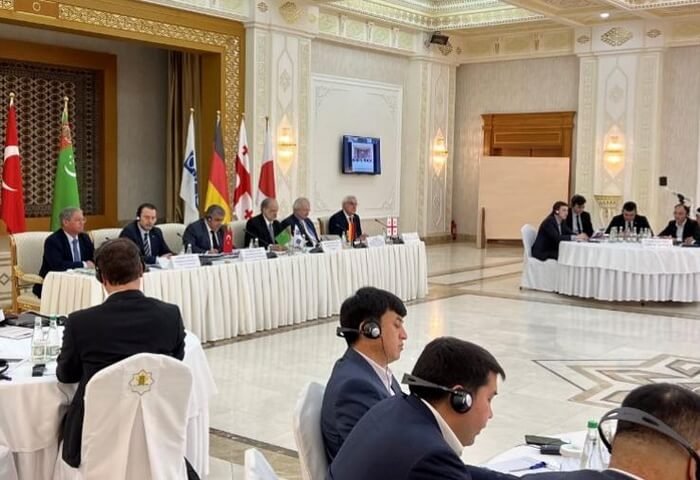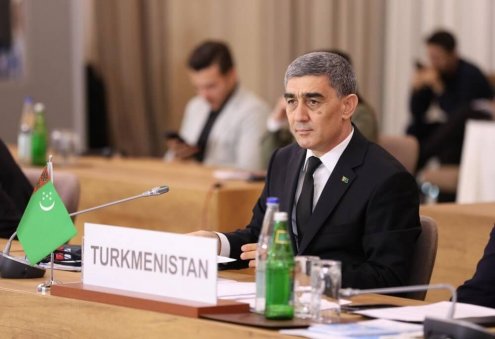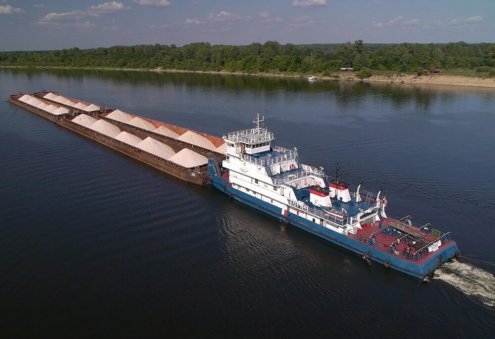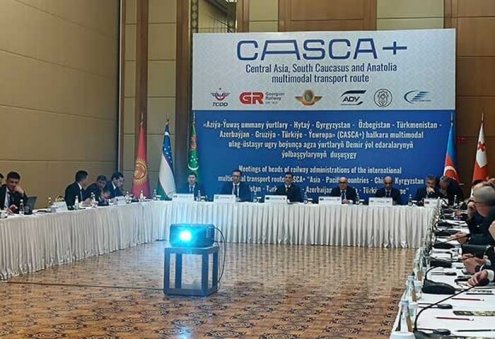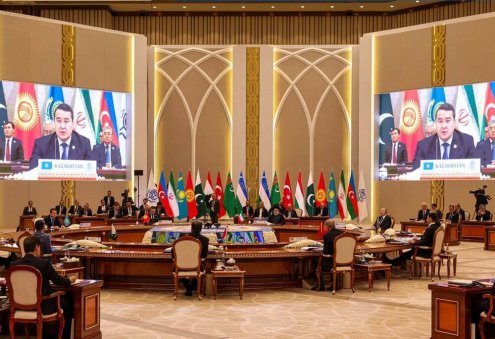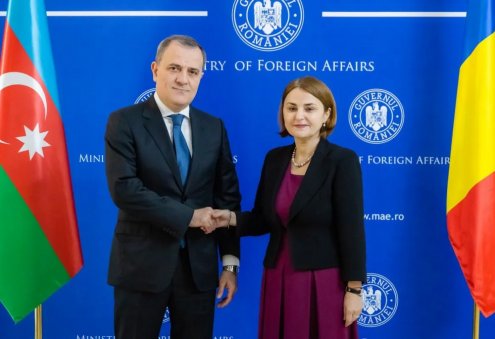An OSCE-organized regional workshop on the Lapis Lazuli transit and transport corridor kicked off in Turkmenistan’s capital Ashgabat on Monday, the OSCE Centre in Ashgabat said in its press release.
Held in a hybrid format, the two-day workshop serves as a platform to introduce the strategy on the implementation of the Lapis Lazuli transit and transport corridor. The OSCE Centre in Ashgabat initiated the development of the strategy and an action plan of its implementation in an effort to support the signatory countries of the Lapis Lazuli transit and transport agreement in operationalizing the corridor.
The strategy aims to contribute to enhancing regional economic integration and transport, drastically reducing geographical distances by the smart use of all modes of transport.
The workshop gathered more than sixty representatives from the four signatory countries of the Lapis Lazuli Agreement - Azerbaijan, Georgia, Turkey and Turkmenistan. In addition, the Secretary General of the Permanent Secretariat of the Intergovernmental Commission TRACECA, the head of Component 3 of the EU-funded Border Management Programme in Central Asia (BOMCA-3) and OSCE experts participated in the event, presenting best practices of trade and transport facilitation.
Representatives from the four signatory countries shared their views and suggestions for updating the strategy and the action plan. The OSCE said its Centre in Ashgabat will facilitate a review process, making the strategy and its action plan an integral part of the signatory countries’ national development strategy, thus nationally driven and owned. To this end, the workshop enabled the participants to identify the next steps to further support national partners across the corridor realize fully their transport and transit potential.
The workshop was organized within the framework of the Centre’s extrabudgetary project “Strengthening State Border Service Capacities of Turkmenistan” and supported financially by the Government of Norway.

